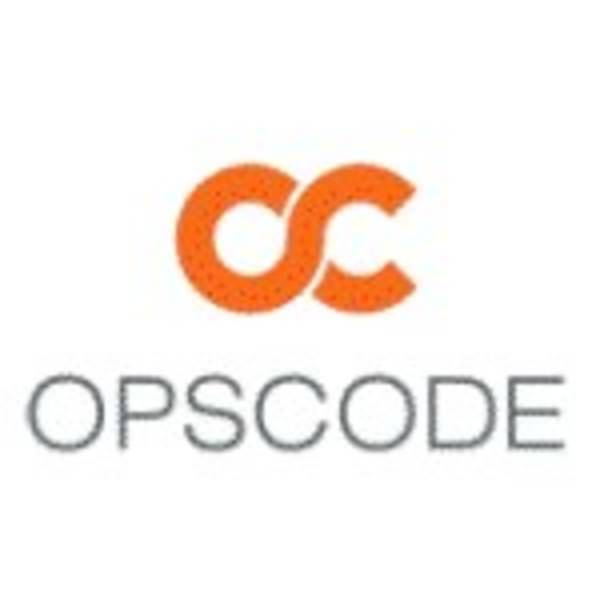Opscode, the company behind the Chef open-source systems integration framework, announced a new set of Cookbooks targeted at Windows infrastructure. The cookbooks give Chef integration with Windows, Microsoft Internet Information Server (IIS), Microsoft SQL Server and PowerShell. With the new Cookbooks, Chef comes closer to parity on Windows platforms compared with Linxu and UNIX-type systems.

Chef has long provided integration with Linux and UNIX systems, but this support for Windows infrastructure automation is new. Christopher Brown, chief technology officer at Opscode, says that Chef has run on Windows “for some time” but “folks at VMware jumpstarted the effort” to provide cookbooks for configuring Web applications and managing PowerShell scripts using Chef. The release also bundles Ruby into the Chef Client Installer on Windows, which reduces the dependencies for users on Windows.
Closing the Gap Between Windows and UNIX
With the new Cookbooks, Chef can do a wide range of tasks on Windows – everything from installing and configuring IIS, to managing Windows services. But, says Brown, there’s still a ways to go before Chef can do everything in a Windows environment that it can do in Linux and UNIX environments.
The difference, says Brown, is that UNIX-type systems have long had commands and utilities that are easily scripted to do just about anything admins want. “It’s easier to stitch things together on Linux and UNIX, and our cookbooks on Linux reflect that… Administering Windows on the command line just became popular with the advent of PowerShell.”
But Brown says that Windows is a must-have for the “big-sized environments” that Opscode had been talking to. It takes more effort to support Windows, says Brown, but the demand is there from customers.
Update and Pricing
The version numbering might be a big confusing for folks not overly familiar with Chef. While the new Cookbooks out today give a lot of new functionality to Chef, they don’t give the version number a bump.
Chef comes in three flavors: The open source version, a hosted version and the proprietary release under the name Private Chef. For Hosted Chef, users install the clients on the managed systems, and then point them at the Opscode Hosted Chef servers. The pricing starts at $100 for 20 nodes and 10 users, which includes standard support. Pricing for Private Chef depends on the customer requirements and support/service contracts.
The Windows Cookbooks follow OpenStack Cookbooks released during the OpenStack Summit in early October.
The Windows support for Chef may be a significant competitive advantage against Puppet. While Puppet has gained a lot of traction in the infrastructure automation market, it doesn’t do much in the way of Windows. Most companies have a mix of Windows and UNIX/Linux in their networks – having the ability to manage both with one tool is going to be compelling for a lot of them.

















